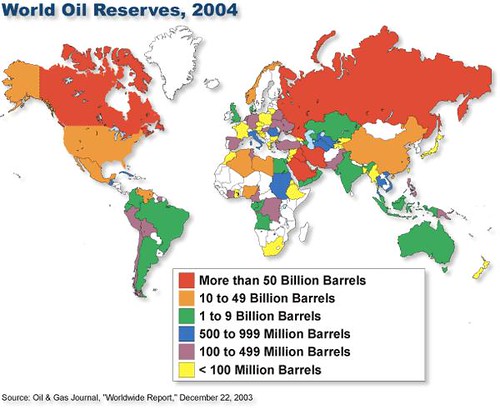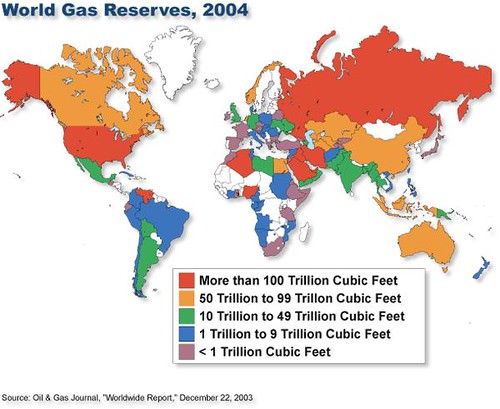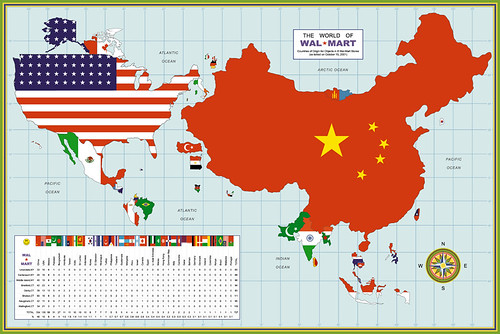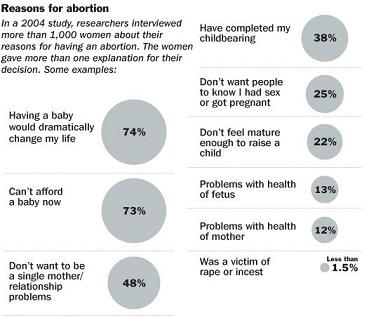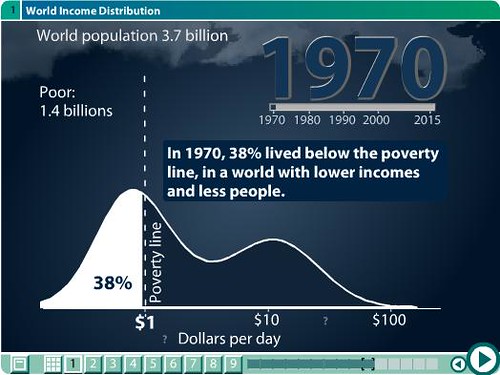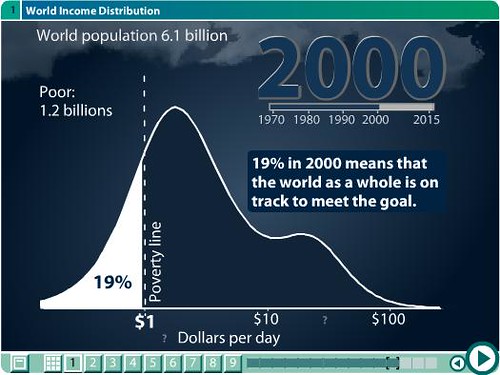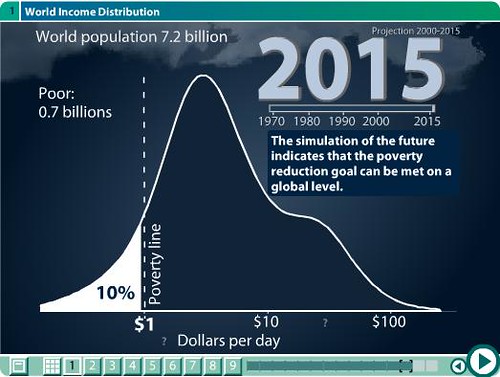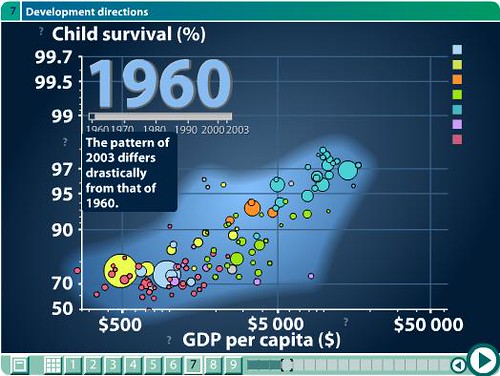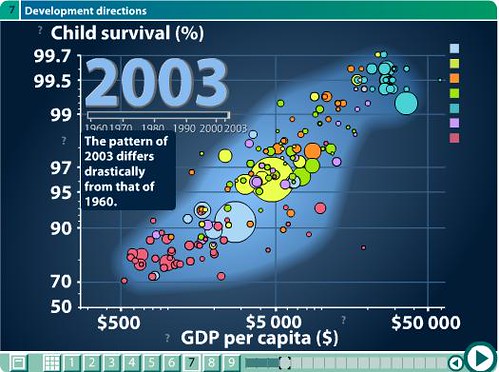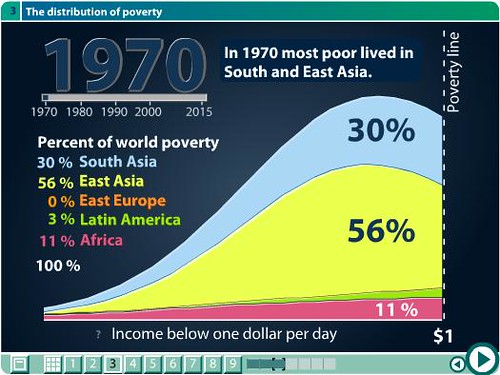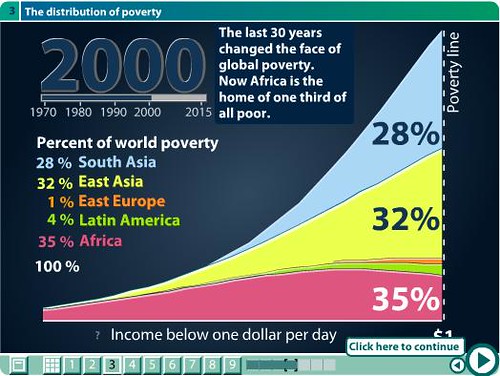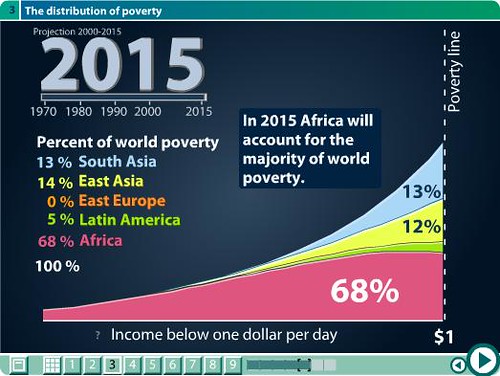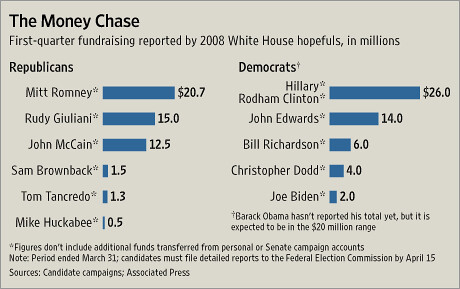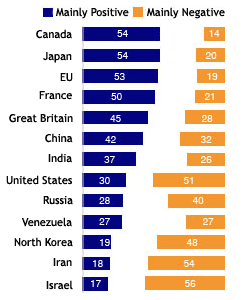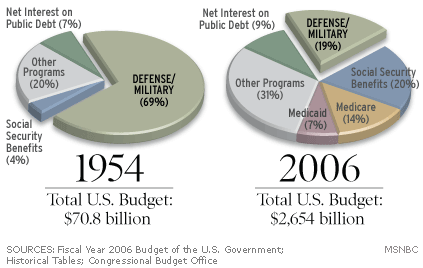This editorial from Robert Kagan is just outstanding. That first paragraph is an instant classic.
"The 'Surge' Is Succeeding
By Robert Kagan
Sunday, March 11, 2007; Page B07
A front-page story in The Post last week suggested that the Bush administration has no backup plan in case the surge in Iraq doesn't work. I wonder if The Post and other newspapers have a backup plan in case it does.
Leading journalists have been reporting for some time that the war was hopeless, a fiasco that could not be salvaged by more troops and a new counterinsurgency strategy. The conventional wisdom in December held that sending more troops was politically impossible after the antiwar tenor of the midterm elections. It was practically impossible because the extra troops didn't exist. Even if the troops did exist, they could not make a difference.
Four months later, the once insurmountable political opposition has been surmounted. The nonexistent troops are flowing into Iraq. And though it is still early and horrible acts of violence continue, there is substantial evidence that the new counterinsurgency strategy, backed by the infusion of new forces, is having a significant effect.
Some observers are reporting the shift. Iraqi bloggers Mohammed and Omar Fadhil, widely respected for their straight talk, say that "early signs are encouraging." The first impact of the "surge," they write, was psychological. Both friends and foes in Iraq had been convinced, in no small part by the American media, that the United States was preparing to pull out. When the opposite occurred, this alone shifted the dynamic.
As the Fadhils report, "Commanders and lieutenants of various militant groups abandoned their positions in Baghdad and in some cases fled the country." The most prominent leader to go into hiding has been Moqtada al-Sadr. His Mahdi Army has been instructed to avoid clashes with American and Iraqi forces, even as coalition forces begin to establish themselves in the once off-limits Sadr City.
Before the arrival of Gen. David Petraeus, the Army's leading counterinsurgency strategist, U.S. forces tended to raid insurgent and terrorist strongholds and then pull back and hand over the areas to Iraqi forces, who failed to hold them. The Fadhils report, "One difference between this and earlier -- failed -- attempts to secure Baghdad is the willingness of the Iraqi and U.S. governments to commit enough resources for enough time to make it work." In the past, bursts of American activity were followed by withdrawal and a return of the insurgents. Now, the plan to secure Baghdad "is becoming stricter and gaining momentum by the day as more troops pour into the city, allowing for a better implementation of the 'clear and hold' strategy." Baghdadis "always want the 'hold' part to materialize, and feel safe when they go out and find the Army and police maintaining their posts -- the bad guys can't intimidate as long as the troops are staying."
A greater sense of confidence produces many benefits. The number of security tips about insurgents that Iraqi civilians provide has jumped sharply. Stores and marketplaces are reopening in Baghdad, increasing the sense of community. People dislocated by sectarian violence are returning to their homes. As a result, "many Baghdadis feel hopeful again about the future, and the fear of civil war is slowly being replaced by optimism that peace might one day return to this city," the Fadhils report. "This change in mood is something huge by itself."
Apparently some American journalists see the difference. NBC's Brian Williams recently reported a dramatic change in Ramadi since his previous visit. The city was safer; the airport more secure. The new American strategy of "getting out, decentralizing, going into the neighborhoods, grabbing a toehold, telling the enemy we're here, start talking to the locals -- that is having an obvious and palpable effect." U.S. soldiers forged agreements with local religious leaders and pushed al-Qaeda back -- a trend other observers have noted in some Sunni-dominated areas. The result, Williams said, is that "the war has changed."
It is no coincidence that as the mood and the reality have shifted, political currents have shifted as well. A national agreement on sharing oil revenue appears on its way to approval. The Interior Ministry has been purged of corrupt officials and of many suspected of torture and brutality. And cracks are appearing in the Shiite governing coalition -- a good sign, given that the rock-solid unity was both the product and cause of growing sectarian violence.
There is still violence, as Sunni insurgents and al-Qaeda seek to prove that the surge is not working. However, they are striking at more vulnerable targets in the provinces. Violence is down in Baghdad. As for Sadr and the Mahdi Army, it is possible they may reemerge as a problem later. But trying to wait out the American and Iraqi effort may be hazardous if the public becomes less tolerant of their violence. It could not be comforting to Sadr or al-Qaeda to read in the New York Times that the United States plans to keep higher force levels in Iraq through at least the beginning of 2008. The only good news for them would be if the Bush administration in its infinite wisdom starts to talk again about drawing down forces.
No one is asking American journalists to start emphasizing the "good" news. All they have to do is report what is occurring, though it may conflict with their previous judgments. Some are still selling books based on the premise that the war is lost, end of story. But what if there is a new chapter in the story?"
Robert Kagan, a senior associate at the Carnegie Endowment for International Peace and transatlantic fellow at the German Marshall Fund, writes a monthly column for The Post. His latest book is "Dangerous Nation," a history of American foreign policy.








